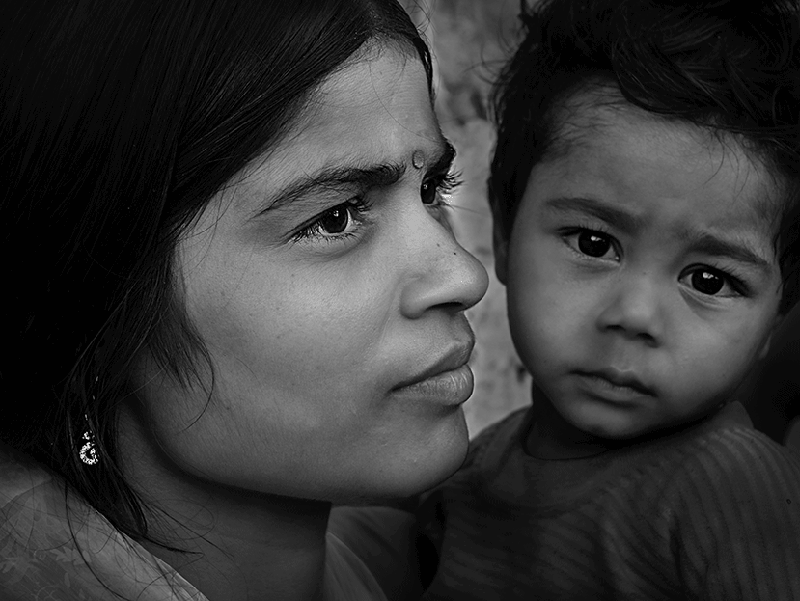Former Harvard postdoctoral fellows Adam Lippert, Dan Corsi, and Rockli Kim, along with faculty member S (Subu) V Subramanian, and their colleagues have published a study in Nicotine and Tobacco Research that is one of few studies to assess cumulative genetic contributions to nicotine use and cardiometabolic health during early mid-life alongside socioeconomic and lifestyle factors.
Nutrition-specific interventions may not be best way to prevent stunting in India
Child anthropometric failures — such as stunting, underweight, and wasting — were found to be more closely linked with past and current socioeconomic conditions, such as mother’s stature, BMI and education, and household wealth and air quality, than diversity of diet, Vitamin A supplementation and breastfeeding initiation. The study by Harvard Pop Center research associate Rockli Kim, faculty member S V Subramanian, and former Bell Fellow Daniel Corsi, and their…
Continue reading “Nutrition-specific interventions may not be best way to prevent stunting in India”
Rising temperatures may lower your spirits, sense of well-being
Former Harvard Pop Center fellows Clemens Noelke, Mark McGovern, and Daniel Corsi, along with Pop Center Director Lisa Berkman, are among the authors of a study published in Environmental Research that looked at temperature and emotional well-being in a sample of 1.9 million Americans over a six-year period. Temperatures over 70 degrees were associated with reduced positive emotions, and increased negative emotions and fatigue, particularly among less educated and older Americans.
What is role of school context in rapid rise of adolescent e-cigarette use?
Harvard Robert Wood Johnson Foundation Health & Society program alum Adam Lippert, PhD, and former Harvard Bell Fellow Daniel Corsi, PhD, have authored a study published in the journal Health & Place that examines the influence that particular school environments may have on e-cigarette use among adolescence.
By honing in on top 5 risk factors for child undernutrition in India, findings could lead to more effective interventions
Harvard Pop Center affiliated researchers including recent Bell Fellow Daniel Corsi, PhD, research associate Iván Mejía-Guevara, PhD, and faculty and executive committee member SV Subramanian (Subu), PhD, have published a study in Social Science & Medicine that has evaluated the contribution of 15 common risk factors for chronic child undernutrition in India. The findings point to five risk factors responsible for more than 65% of the problem. Learn more in…
Multi-level analysis finds “micro-geographies” of child undernutrition in India
Four Harvard Pop Center researchers, including research associate Iván Mejía-Guevara, PhD, recent doctoral program graduate Aditi Krishna, PhD, former Bell Fellow Daniel Corsi, PhD, and faculty member SV Subramanian, PhD, are authors on a paper published in the Journal of South Asian Development that evaluates child undernutrition in India by level – individual, community and state – so that policies can more effectively target these determinants.
Is there a female disadvantage in India when it comes to nutrition?
Not according to a paper published in the Journal of South Asian Development by former Bell Fellow Daniel Corsi, PhD, and Harvard Pop Center faculty member SV Subramanian (Subu), PhD. Although previous studies have found there to be a female disadvantage in India when it comes to mortality, allocation of food within households, and healthcare coverage, the researchers in this study did not find there to be consistent evidence of…
Continue reading “Is there a female disadvantage in India when it comes to nutrition?”
In India, is child’s BMI influenced more by mother’s BMI than father’s?
Harvard Pop Center faculty member S V Subramanian (Subu), PhD, and former Harvard Bell Fellow Daniel Corsi, PhD, are co-authors on a paper published in Archives of Disease in Childhood that explores the fetal roots of body mass index (BMI) in India.
